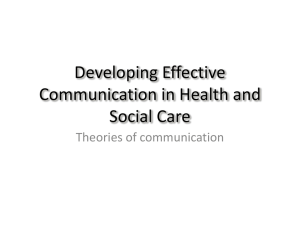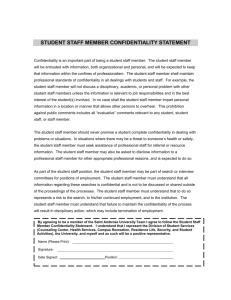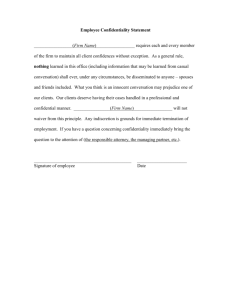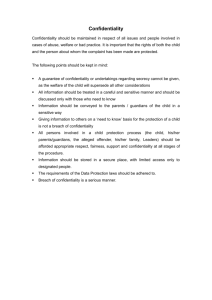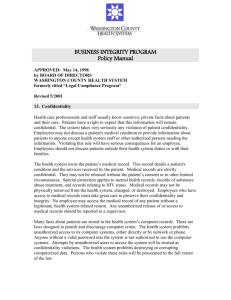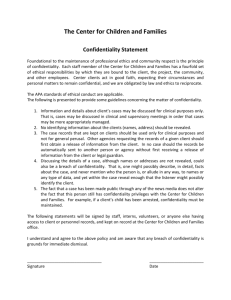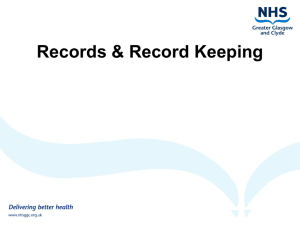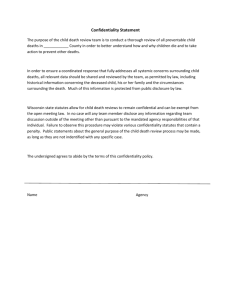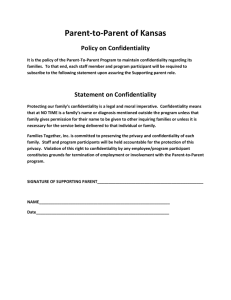Developing Effective Communication in Health and Social Care
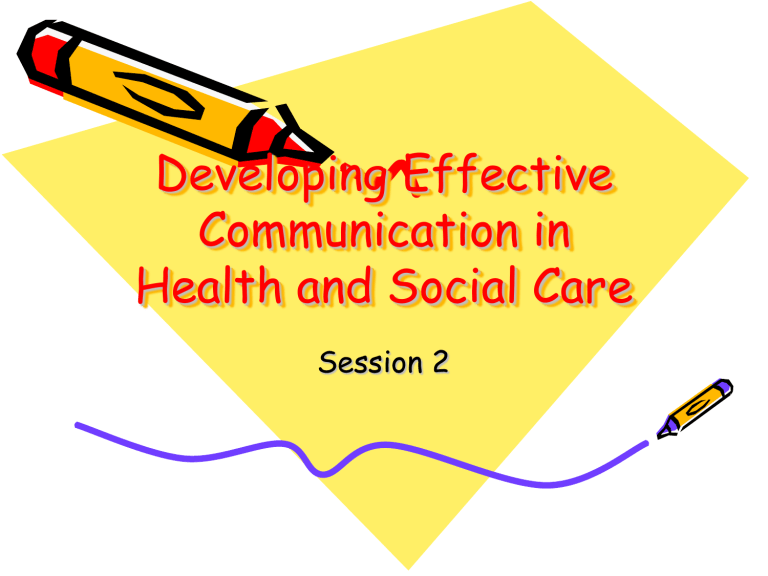
Developing Effective
Communication in
Health and Social Care
Session 2
Session Outcomes
• Define communication.
• Identify the need for effective communication.
• Consider the care value base and confidentiality with reference to communication.
• To describe the communication cycle
COMMUNICATION
• “the imparting, conveying or exchange of ideas, knowledge, information etc (whether by speech or writing)” (Oxford English
Dictionary)
• “ a process by which information is passed between individuals and/or organisations by means of previously agreed symbols”
(Baguley,2009)
COMMUNICATION
• “Communication is the process that occurs when ideas, information and feelings are conveyed between individuals or groups of individuals for deliberate purposes”
The Care Value Base
1. Anti-discriminatory practice.
2. Confidentiality.
3. Rights to dignity, independence, safety
4. Equality and diversity
5. Protection from abuse
6. Effective communication
7. Individualised care
Confidentiality
• The ethical principle or legal rights that a health professional will hold secret all information relating to a patient or service user unless they give permission to disclose information to a third party.
Confidentiality
• http://www.youtube.com/watch?v=Xg
EzPVzOnzU
Michael Argyle (1972)
Interpersonal Communication
• Skill that had to be learned that is like driving a car.
• Like driving a car you have to change your method to match the road conditions.
• Involves a constant cycle of watching what is happening then adapting to it.
Argyle (1972)
Cycle
1. Ideas occur
2. Message encoded
3. Message coded
4. Message Sent
5. Message Received
6. Message Decoded
7. Idea understood
• http://www.youtube.com/watch?v=vC mHia-nTpA
Complex Communication
• Communication from one person to another where the receiver does not have a good understanding of what you are trying to communicate.
Sensitive Communication
• Is the communication of information from one person to another where the information received is sensitive and potentially upsetting making the receiver vulnerable.
